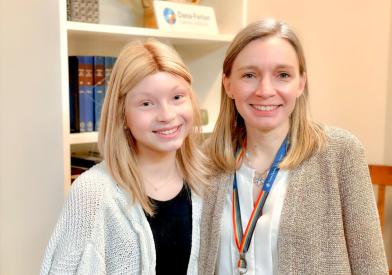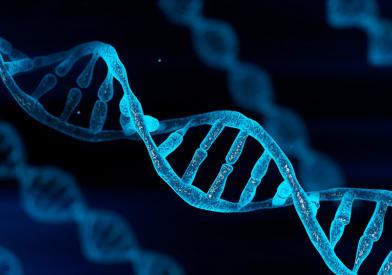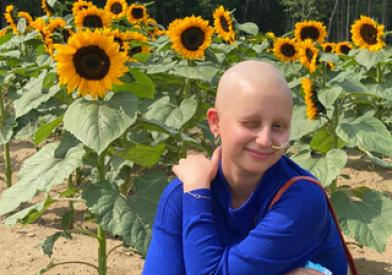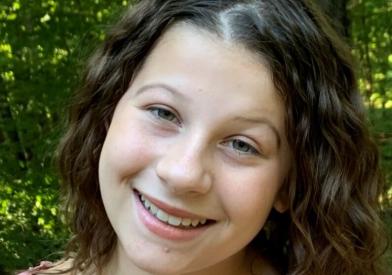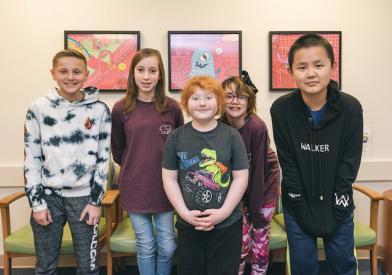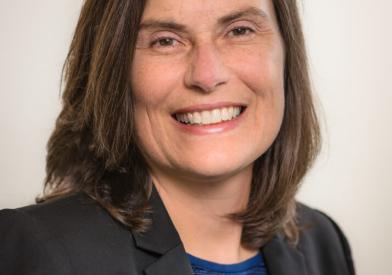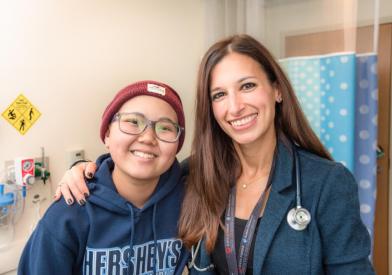About the Childhood Bone and Soft Tissue Tumors Program
Bone and soft tissue tumors form in the body’s connective tissue, including bone, cartilage, blood, and fat. Some of these tumors are malignant or cancerous, meaning they can spread to other parts of the body. Malignant tumors are often called sarcomas.
When your child is diagnosed with a bone tumor or a soft tissue tumor, we’re here to help you understand the diagnosis and determine the best treatment plan.
At Dana-Farber/Boston Children’s Cancer and Blood Disorders Center, our specialists are internationally recognized for their clinical expertise in treating pediatric bone and soft tissue tumors. They understand the unique needs of children and young adults with benign and malignant bone and soft tissue tumors.
For most benign tumors, your child will be cared for by an expert orthopedic group within Boston Children’s Hospital. Our pediatric orthopedic surgeons are nationally recognized for their expertise in caring for pediatric bone tumors and soft tissue tumors.
If your child’s tumor is malignant, the Bone and Soft Tissue Tumors Program at Dana-Farber/Boston Children’s Cancer and Blood Disorders Center combines the expertise of Boston Children's Hospital and Dana-Farber Cancer Institute for the comprehensive medical and surgical care of malignant bone and soft tissue tumors in children and teens.
Conditions We Treat
Benign Tumors
- Bone cyst (aneurysmal)
- Bone cyst (unicameral or simple)
- Chondroblastoma
- Chondroma
- Desmoid tumor
- Leiomyoma
- Lipoblastoma
- Neurofibroma
- Non-ossifying fibroma
- Osteoblastoma
- Osteochondroma (exostosis)
- Osteoid osteoma
Malignant Tumors
- Adamantinoma
- Alveolar soft part sarcoma
- Angiosarcoma
- Chondrosarcoma
- Clear cell sarcoma
- Dermatofibrosarcoma protuberans
- Ewing sarcoma
- Fibrosarcoma
- Leiomyosarcoma
- Liposarcoma
- Malignant fibrous histiocytoma (MFH)
- Malignant rhabdoid tumor
- Melanoma
- Osteosarcoma
- Peripheral nerve sheath tumor (Neurofibrosarcoma)
- Rhabdomyosarcoma
- Soft tissue sarcomas
- Spitz tumors
- Synovial sarcoma
- Undifferentiated or spindle cell sarcoma
How We Diagnose Childhood Bone and Soft Tissue Tumors
At Dana-Farber/Boston Children’s, we pioneer the latest treatments for bone and soft tissue tumors. Our center has led groundbreaking research leading to advanced treatments, such as adjuvant chemotherapy and limb salvage surgery for children with osteosarcoma, an aggressive bone tumor.
The first step to effective treatment is a quick and accurate diagnosis. Our pediatric solid tumor specialists may perform several different tests to diagnose a musculoskeletal tumor, including advanced imaging studies, bone scans, biopsies, and bone marrow aspiration.
After completing all necessary diagnostic tests, our experts meet to review and discuss what they have learned about your child's condition. Then we will meet with you and your family to discuss the results and outline the best possible treatment options.
How We Treat Childhood Bone and Soft Tissue Tumors
Once we’ve confirmed the diagnosis, we primarily treat benign bone and soft tissue tumors with surgery. With malignant tumors, we will typically use a combination of chemotherapy, surgery, or radiation therapy.
Treatment options for pediatric bone and soft tissue tumors may include (alone or in combination):
Surgery: Surgery is often the first step. It helps doctors form a complete diagnosis of the tumor type and provide information on the disease stage. If your child's leg or arm is affected, your child may need one of the following surgeries:
- Limb-salvage surgery: The surgeon removes the tumor and healthy tissue surrounding the tumor while maintaining the function of the affected limb.
- Rotationplasty: This is a partial amputation that preserves the cancer-free lower leg, attaches it to the thighbone, and uses the ankle as a knee joint.
- Amputation: While it is only necessary in rare cases, children with soft tissue sarcoma may need amputation surgery if the tumor involves the nerves and blood vessels.
Chemotherapy: These medicines can help stop abnormal (cancer) cell growth throughout the body. Chemotherapy is systemic treatment, meaning it is introduced to the bloodstream and travels throughout the body to destroy or slow abnormal cell growth. Different groups of chemotherapy drugs work in different ways. Patients can receive chemotherapy in various ways, including orally or intravenously.
While chemotherapy can be quite effective in treating certain cancers, the agents don't completely differentiate normal healthy cells from abnormal cells. Because of this, your child could have adverse side effects during treatment. Being able to anticipate these side effects can help the care team, child, and family prepare, and in some cases prevent, these complications from occurring.
Radiation therapy: This treatment can help stop abnormal cell growth in specific areas of the body. Radiation therapy uses high-energy rays from a specialized machine to damage or destroy abnormal cells. Our doctors use precisely targeted and dosed radiation to destroy cancer cells that may have been left behind after your child's surgery.
We may also use anti-inflammatory medications and rehabilitation, such as physical and occupational therapy, psychosocial adaptation, and prosthesis fitting and training.
We want your child to stay as healthy as possible during and after treatment. We provide pediatric survivorship support services, such as support groups, counseling, and nutrition programs, during and after treatment.
Childhood Bone and Soft Tissue Tumors Clinical Trials and Research
Dana-Farber/Boston Children’s is New England’s Phase I referral center for the Children’s Oncology Group, an international consortium of cancer treatment centers that conducts pediatric cancer studies. With this distinction, we offer patients access to clinical trials unavailable at other regional centers. For example, our team is currently researching the effectiveness of non-invasive treatments for aneurysmal bone cysts and desmoid fibromatosis.
Our scientists are conducting numerous research studies to help doctors better understand and treat soft tissue sarcomas. These include:
- Genomic assessment of soft tissue sarcomas, and investigation of targeted medicines to treat tumors with particular genetic profiles (precision medicine).
- Angiogenesis inhibitors, which are substances that might be able to prevent the growth of tumors.
- Biological therapies, which harness the body's immune system to fight cancer or lessen side effects (immunotherapy).
Learn more about clinical trials for pediatric cancer.
Childhood Bone and Soft Tissue Tumors Treatment Team
At Dana-Farber/Boston Children’s, our renowned team of pediatric radiologists, pathologists, oncologists, and surgeons collaborate to provide the best care possible for children with benign musculoskeletal tumors, as well as comprehensive pediatric cancer treatment.
Your child’s care team may include:
- Orthopedic surgeons
- Oncologists
- Radiation therapists
- Surgeons
- Pathologists
- Radiologists
- Nurses
- Psychosocial clinicians
- Physical therapists
See our entire Childhood Solid Tumor Treatment Team.

